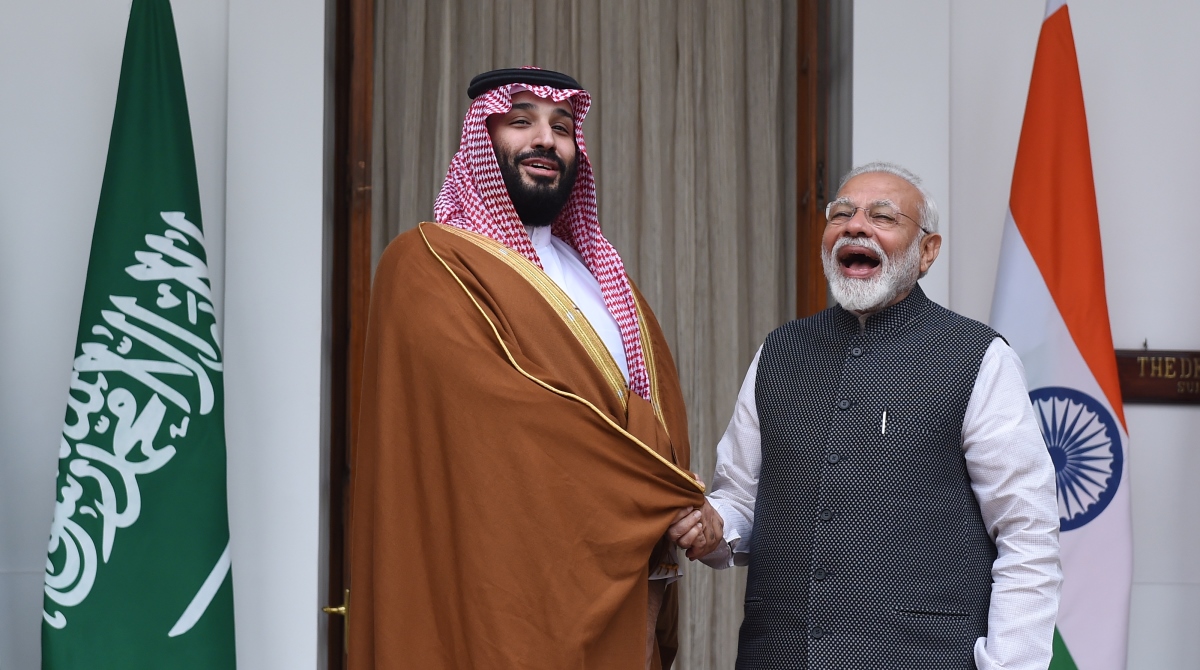In times when the quality of governance was assessed on the basis of accomplishment rather than show, the ministry of external affairs laboured the point that India and Pakistan should not be placed in the same bracket.
Now, a combination of the outrage at Pulwama and the consequent flood of emotion, indignation, anger and jingoism it released, as well as the pre-scheduled visits of the Saudi Crown Prince to Islamabad and New Delhi have firmly reinstated that undesirable hyphen.
Advertisement
Every word and action here of Prince Mohammed bin Salman was measured against what he had said/done in Islamabad, and perceived in unfavourable light by the local experts who are known to toe the MEA line, particularly when let loose on the idiot-box.
It was revealing that at an official briefing a top MEA bureaucrat was at pains to stress that even if the Crown Prince had not specifically mentioned Pulwama, the Jaish-e-Mohammad or Maulana Masood Azhar, the generic terms in which he spoke of terrorism in all its manifestations had “covered” most of India’s concerns. And thus fuelled were suspicions that India had spiced up the concluding joint statement when all else fell flat.
For it was apparent that despite its positive elements the Crown Prince’s visit had disappointed a section of India. The Congress party abandoned the mature restraint of Rahul and Priyanka Gandhi on Pulwama when it asked if the Prince’s not mentioning the “P-word” justified the Prime Minister’s effusive, protocol-breaking welcome.
Perhaps the petty likes of Surjewala, Vaddakam and Anand Sharma proved that a Rahul-led party was showing disdain for accepted niceties such as “going slow” when a foreign dignitary was visiting. And was demeaning its heritage. That their virtually insulting behaviour is unlikely to please the thousands of Indians working in Saudi Arabia mattered little, and only iterated that the “grand old party” is fast discarding its graces.
There is another angle to the dismay articulated, on TV in particular. It points to Indian thinking still being rooted in its inferiority complex, and unable to appreciate that not everybody sees the Indo-Pak relationship through New Delhi’s prism. Or that they have their own reasons for tilting away to the west. There clearly is need for India’s foreign policy practitioners to develop a sense of reasoned balance that would ensure greater respect for it in the international arena.
There is little point bragging about economic strength when it is not leveraged to advantage. Time was when moral authority was adequate. And while the attempt to isolate, expose Pakistan for its protection/promotion of terrorism as an instrument of state policy is fully justified and valid, in the ultimate analysis India will have to thwart Pakistani machinations on its own. By peace if it can, by war if it must.
Friends will go only so far.











